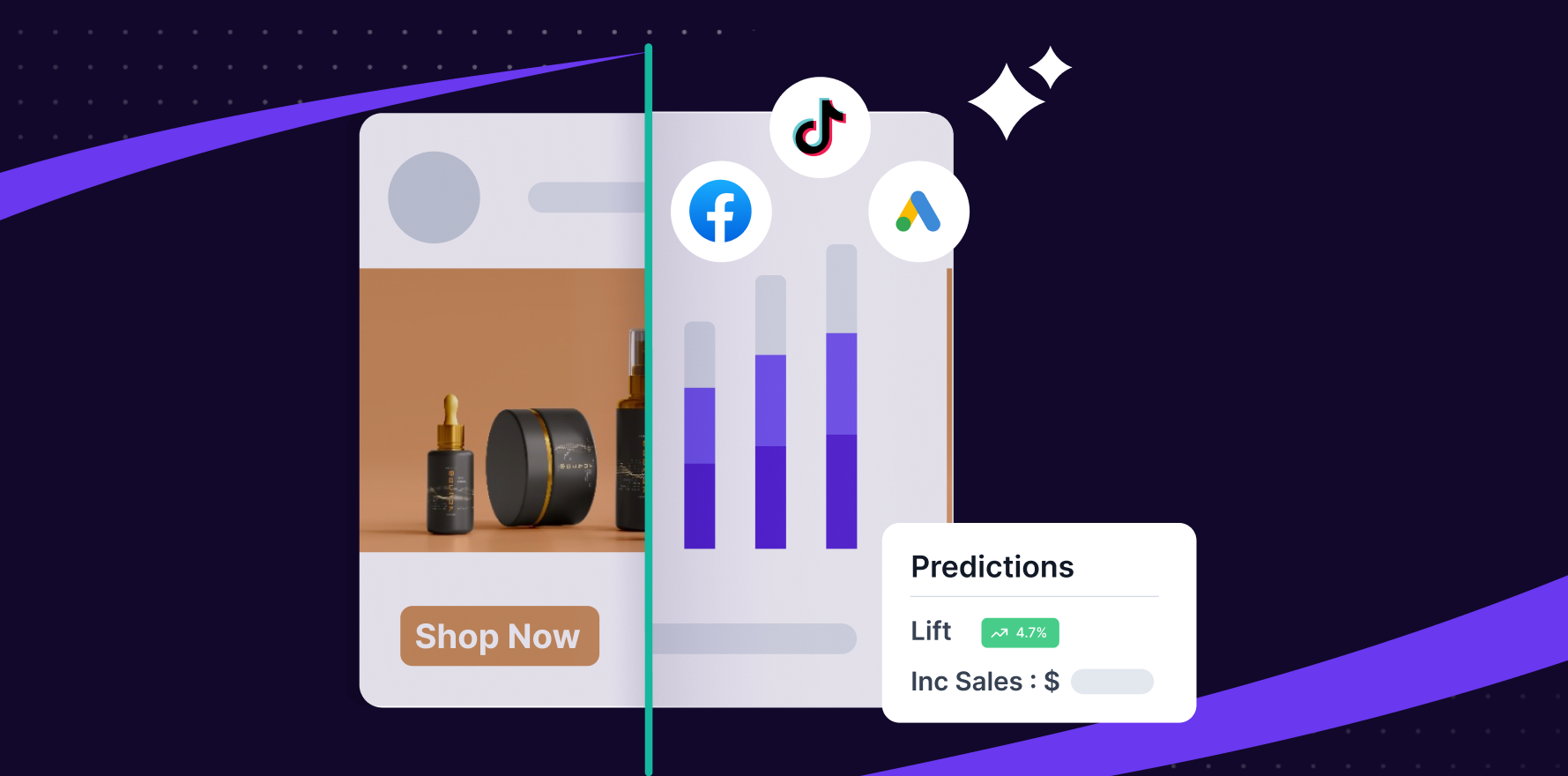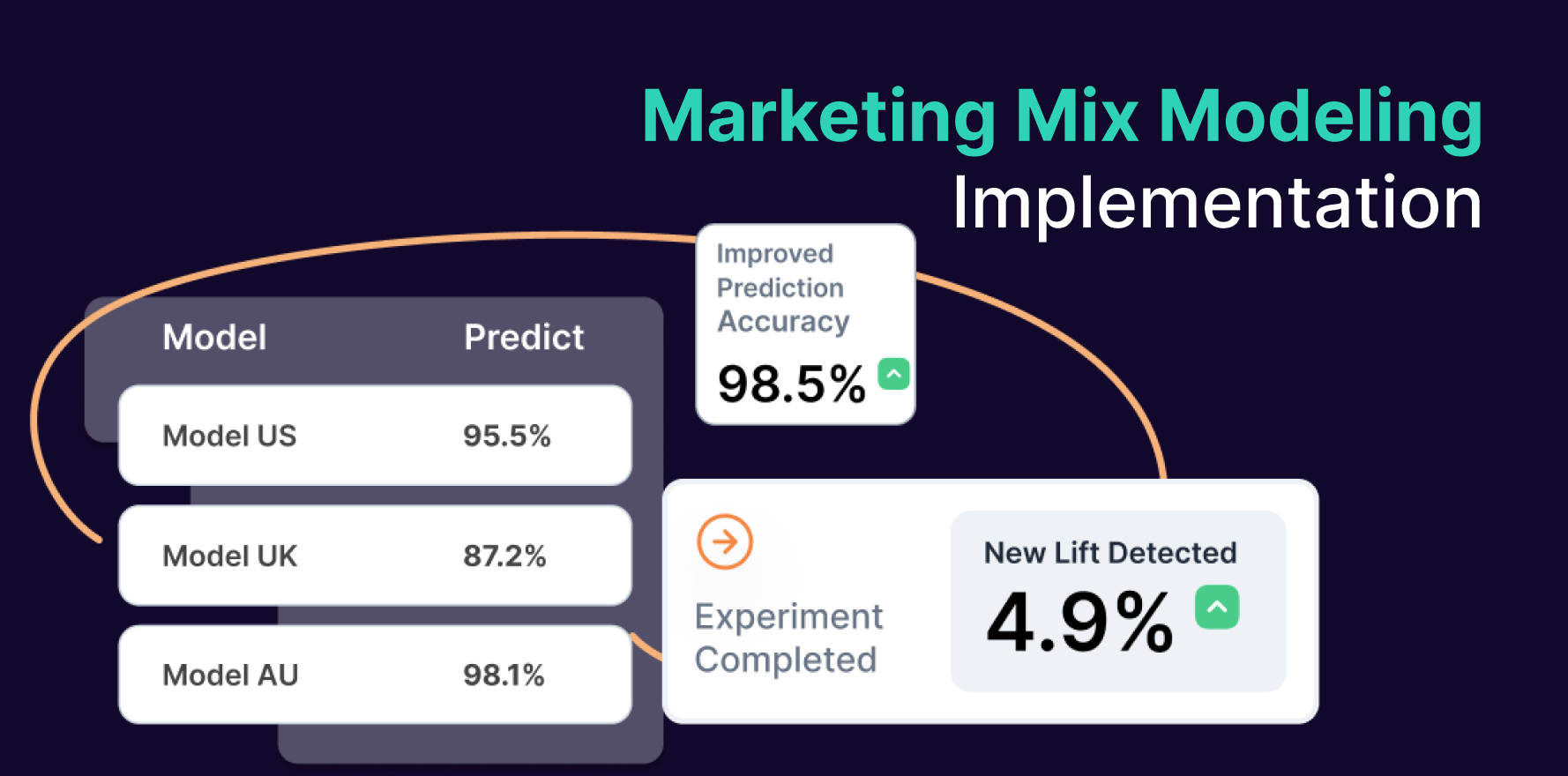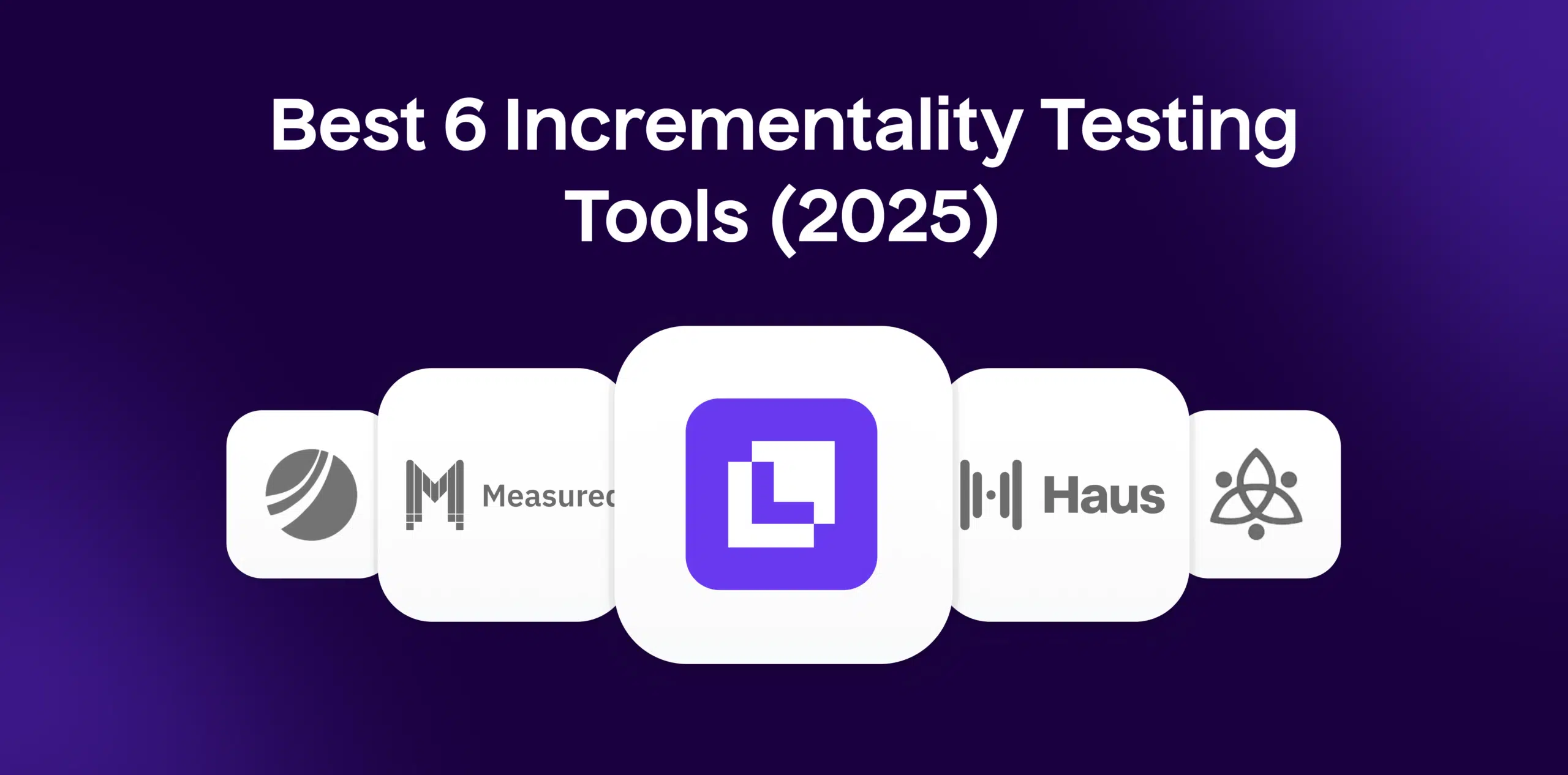What is Mobile measurement partner?
A Mobile Measurement Partner (MMP) serves as a cardinal component in the tech stack of a mobile marketer, acting as the objective source for crucial data related to mobile marketing and mobile app metrics. It tracks, attributes, and analyses user data tied to mobile advertising, which can span from viewing an ad to downloading an application, making in-app purchases, and analysing lifetime value.
MMPs collate data from various sources, including ad networks, exchanges, and demand-side platforms to provide an unbiased depiction of your mobile app’s performance. By integrating SDKs (Software Development Kits) into your app, MMPs can pull rich data directly from the app activity, providing granular insights into user behavior, like how, when and where your users interact with your app.
Formula
Example
Consider a mobile game app. Using an MMP, the marketers of the game can track how many users installed the game after viewing an ad on various platforms such as Google Ads, Facebook, etc. They can analyze data such as users’ in-app purchases, time spent on the app, churn rate, and more to gain insights and optimize their marketing strategy.
Why is MMP important?
- MMPs provide unbiased, unified visibility across all marketing touchpoints, attributing credit to the correct marketing channels.
- They help in optimizing marketing strategy by understanding the user journey and behaviours better.
- They help marketers to justify and evaluate their ad spend, attributing revenues to specific marketing efforts.
Which factors impact MMP?
Enhancing MMP usage and effectiveness involves the intelligent analysis of data, better integration with advertising platforms, and accurately attributing actions within the application.
How can MMP be improved?
The efficacy of your MMP can be influenced by several factors:
- The selection of an MMP that best suits your business model and needs.
- The proper integration of the MMP into your app.
- The quality and source of the data being fed into the MMP.
What is MMP’s relationship with other metrics?
- MMP’s data can influence other ecommerce metrics as it provides insights into customer behaviour and channel effectiveness.
- For instance, the Customer Acquisition Cost (CAC) could be optimized based on MMP data, as marketers can focus their ad spend on channels that bring the highest value customers. Similarly, Conversion Rates and Customer Lifetime Value (CLV) can be influenced as marketers gain insight into user behaviour within the app and can create strategies to enhance user engagement and retention.
Free essential resources for success
Discover more from Lifesight














